Psychological Assessments
About Our Psychological Assessments.
A Psycho-Educational Assessment can assist in identifying intellectual giftedness or specific learning disorders and inform decisions regarding a child’s optimal learning environment. Assessment results may also be used as a baseline measurement to track a child’s cognitive development over time.
What areas of functioning can assessments address?
- Cognitive Functioning (intelligence)
- Attention and Concentration
- Behavioural and Adaptive Functioning
- Specific Learning Difficulties, e.g. reading, written expression
- Memory Difficulties
- Executive Functioning
Our psycho-educational assessments help parents and educators to gain insight into a child’s unique learning profile.

What is a Psycho-Educational Assessment?
A Psycho-Educational Assessment is conducted by a psychologist and consists of two primary test batteries, the WISC-V and WIAT-III. The assessment provides information regarding a child’s (age 6-16) cognitive functioning (IQ) and academic abilities.
Additional assessments may be administered to determine a child’s behavioural functioning and mental wellbeing.
Five different cognitive domains are assessed (including verbal skills, visual spatial skills, logical thinking, working memory, and processing speed). Some of the academic abilities that are assessed include reading, mathematics, spelling, writing and oral language.
The psychologist will compare a child’s academic abilities with their cognitive functioning to determine whether their academic skills are at a level appropriate for their age and cognitive functioning.
How Psycho-educational Assessments Assist.
Some questions that psycho-educational assessments can help answer include.
- What can parents and teachers do to help your child learn their best?
- Is your child able to process information quickly, or does she/he need more time to do their best?
- Does your child struggle to pay attention in class?
- Does your child feel that they can’t filter through all the thoughts in their head?
- What recommendations are there to help your child learn in the classroom or understand your instructions at home?
- Does your child have a Learning Disability, Attention Deficit/Hyperactivity Disorder, Anxiety, Depression or perhaps another disorder?

Next Steps.
If you would like to learn more about the Psycho-Assessments that Better Self Psychology offers and how they could help you gain a deeper understanding of your child learning skills, please reach out and contact us.

